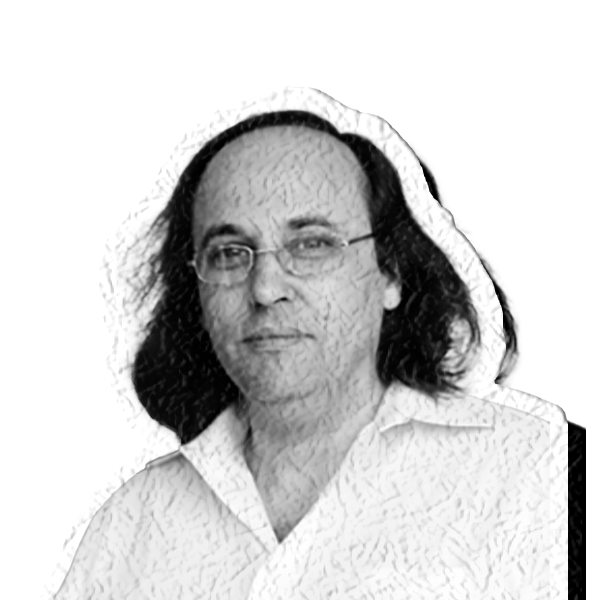Raphael Douady - From Theorems to Wall Street
Pioneering finance mathematician Raphael Douady talks about his career, risk, and the value of teaching.

In this episode we're joined by Raphael Douady, a pioneering academic who transformed his career from proving complex mathematical theorems to becoming one of the first academic quants on Wall Street. Discover how Raphael navigated the challenges of transitioning between diverse fields, from academia to the space industry, and ultimately into finance. He shares fascinating anecdotes about career serendipity and the evolving financial landscape, and invaluable insights of thriving in unpredictable environments.
Gain a deeper understanding of financial entrepreneurship and risk management with Raphael’s advice on industry challenges. From an unexpected career move to China, cut short by a global pandemic, to his current role advising hedge funds and family offices, Raphael illustrates the critical importance of mathematical techniques in risk management and the art of seizing opportunities. He candidly discusses missed opportunities and the lessons learned in preparedness, offering a poignant reminder to stay informed and proactive during financial crises.
Raphael’s passion for teaching and data science are also key highlights of our conversation. We talk about the creation of his mathematical primer courses that break down complex ideas for diverse audiences, and experiences teaching uncommon students, like Navy SEALs on the RWRI course.
We also explore the transformative impact of data science in industry and its potential to revolutionize finance, akin to past industrial shifts.
Raphael also brings a fresh perspective on navigating political ideologies and social media, sharing personal experiences and philosophical insights. This episode is a rich tapestry of stories and lessons that underscore the power of adaptability, learning, and risk management in an ever-changing world.
Raphael on X
Raphael on LinkedIn
Raphael on Wikipedia
Raphael on Google Scholar